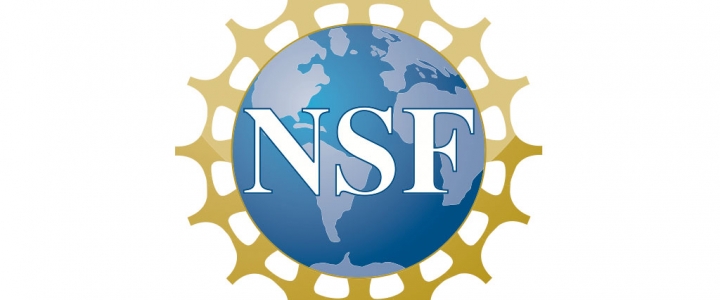
American National Science Foundation commits $35 million to improve scientific software.
Scientists increasingly rely on computers to gain insights about the world through simulations, data analytics or visualizations. These computational investigations typically rely on scientific software that makes it possible to perform virtual experiments and explore laboratory research data with reliable, reproducible results. The National Science Foundation (NSF) announced two major awards to establish Scientific Software Innovation Institutes (S2I2). The awards, totaling $35 million over 5 years, will support the Molecular Sciences Software Institute and the Science Gateways Community Institute, both of which will serve as long-term hubs for scientific software development, maintenance and education.
"The institutes will ultimately impact thousands of researchers, making it possible to perform investigations that would otherwise be impossible, and expanding the community of scientists able to perform research on the nation's cyberinfrastructure," said Rajiv Ramnath, program director in the Division of Advanced Cyberinfrastructure at NSF.
NSF's Software Infrastructure for Sustained Innovation (SI2) program, launched in 2010 to fund software research at multiple scales, is supporting the two awards. SI2 aims to transform innovation in research and education into sustainable software resources that are integral to cyberinfrastructure. The announcement of the awards coincides with the first anniversary of the National Strategic Computing Initiative (NSCI), with which the SI2 program is closely aligned. NSCI is an effort to create a cohesive, multi-agency strategic vision and federal investment strategy in high-performance computing (HPC).




